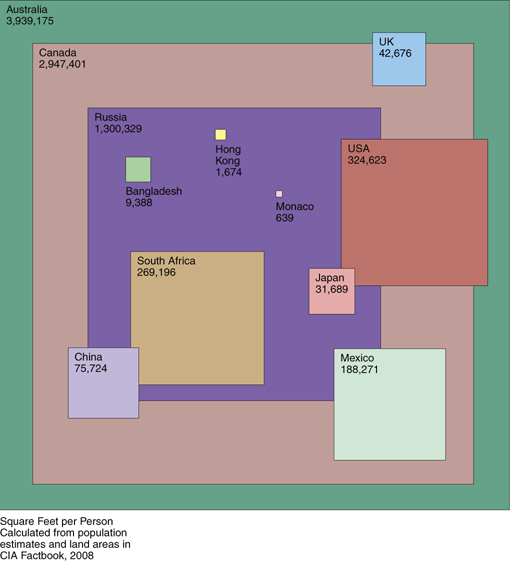A curious situation is emanating in the world of international intra-governmental trade. I quote:
Countries struggling to secure credit have resorted to barter and secretive government-to-government deals to buy food, with some contracts worth hundreds of millions of dollars. In a striking example of how the global financial crisis and high food prices have strained the finances of poor and middle-income nations, countries including Russia, Malaysia, Vietnam and Morocco say they have signed or are discussing inter-government and barter deals to import commodities from rice to vegetable oil. The revival of these trade practices, used rarely in the last 20 years and usually by nations subject to international embargoes and the old communist bloc, is a result of the countries’ failure to secure trade financing as bank lending has dried up.
But before you think that this is too strange, it is not, this is quite common. Take a look at this deal. In return for up to 600k barrels of oil per day to the UK, the UK promised to provide a ton of aircraft and other defence benefits to the Saudi Arabian Government.
Here is another example. The Venezuelan government promised to give oil to London (to use in running its buses), in return for London providing free consultancy and advice on policing, tourism, transport, housing and waste disposal. But you have to remember this, when barter deals are not denominated in currencies, the chances of getting a corrupt hand in the till is massively increased because you simply cannot compare (or mark to market if you will) with international prices. In this particular case, the people who lost out were the people of Venezuela who were not able to get the money that they could have earned in return for some dubious advice on those aspects. In the interests of transparency, its best to sell the oil and buy services clearly and transparently. But then, politics trumped and a bad deal signed.
Same thing happened with the Al Yamamah deal, it is absolutely a stinker for corruption and something that I have complained bitterly about before. Deals like that have corrupted this country and have made us a laughing stock. Why barter? Just lay the costs out in public, its not like anybody else will complain, would they?
Another example of corrupt, trade distorting and silly deals were the oil for sugar deals signed between Russia and Cuba. Here is a great overview of this spectacular failure. I quote:
The fall of the Berlin Wall in November 1989 and the breakup of the Soviet Union in December 1991 became the precursors for the collapse of the Cuban economy, central to which were the Soviet oil-for- sugar swaps over the preceding three decades. At its
zenith, this barter arrangement provided the financial basis for Cuba to sustain the agricultural inputs necessary to produce sufficiently large annual harvests to permit significant sugar export levels and oil re-ex-port revenues. At its nadir, the systemic failure in the oil-for-sugar arrangement created shortages through- out the Cuban economy including fuel, fertilizers, herbicides, and spare parts for farming equipment
and sugar mills. Over the past decade, this is marked by the simultaneous downward spiral of Cuba's oil imports along with its sugar exports. Cuba's historic energy dependence and limited oil resources coupled with the sudden disruption of the oil-for-sugar barter arrangement severely impacted the Cuban economy
from which it has yet to fully recover.
Here is another example of an African Country, Uganda, starting to face issues with its barter deals. Here is a good overview of the Barter Trade and how it is changing. While private firms are better suited at doing barter trade, I am certainly not in favour of having barter trade done by Governments. Also, these barter trades crystallise the generally bad subsidy scheme. You pay tons of money to your farmers to grow stuff that nobody wants to buy, so you then do a barter trade with a country who does need that stuff, and you underprice your agricultural stuff. Which means that the international trade in that agricultural commodity is distorted as one market has its price driven down. See here for an example of what India is trying to do with Russia relating to its wheat crop. Here’s another example of the domestic sugar lobby moaning about its bad economics and trying to resolve it using another bad economic barter deal. See how much they demand subsidies and help and all that? All classic signs of people who cannot compete in the open market and thus want to suck on the taxpayer’s tit.
The costs relating to corruption, lack of transparency, lack of built in productivity agreements, and so on and so forth means that these agreements are generally bad in the long run. Going for bartering further lets the governments off from taking necessary decisions. For example, the fact that governments are not getting sufficient financing is neither here nor there, there are international funding agencies (government owned, such as IMF, or Import Export Banks etc.) who can provide funding, but because going to these agencies would mean exposing their bad economic policies, they tend to hide their faults by pitching barter as a way of doing trade. Bad, bad bad.
.jpg)






